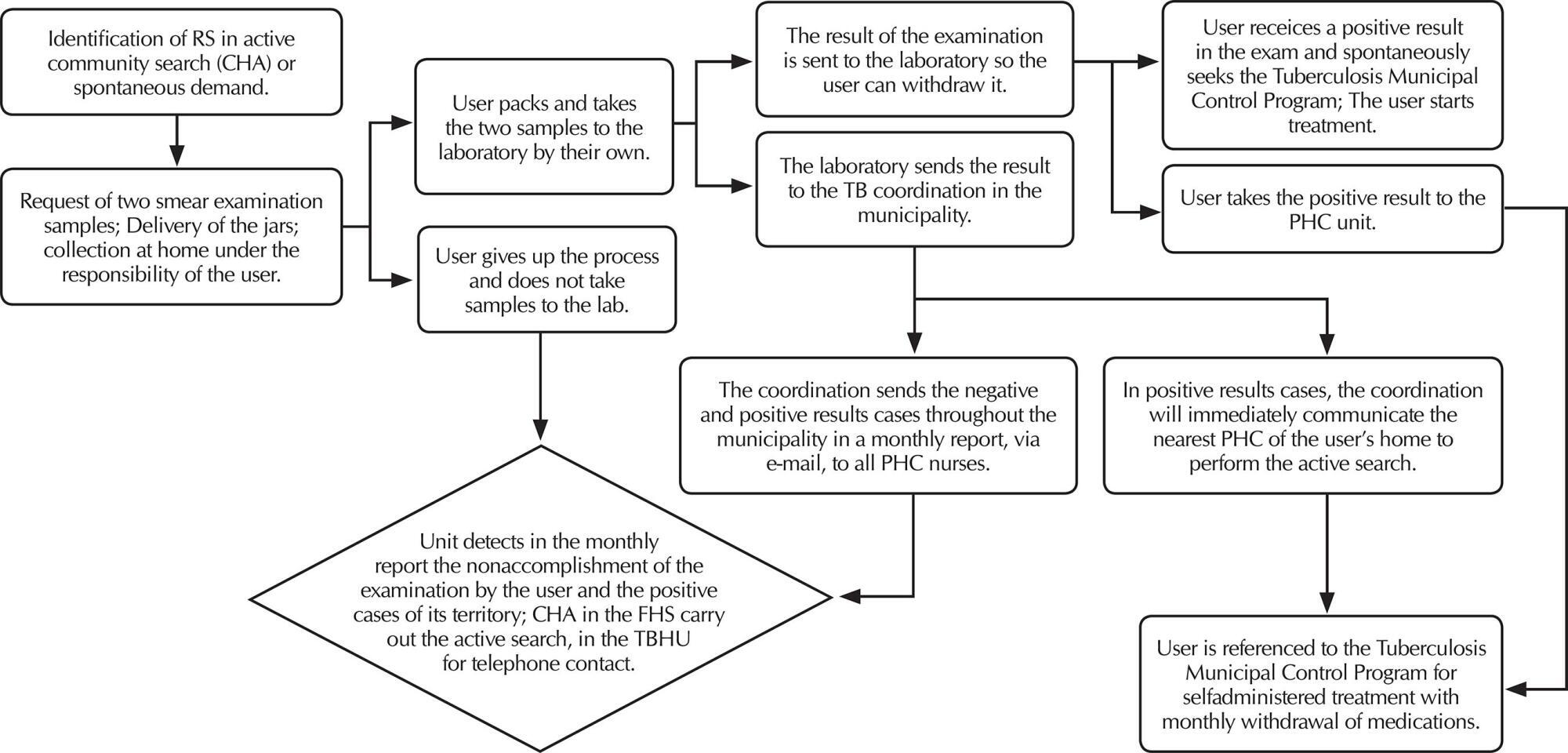-
ORIGINAL ARTICLE
Assessment of the attribute “Community Orientation” from the perspective of primary care adult users
Revista Brasileira de Enfermagem. 2019;72(3):632-639
06-27-2019
Resumo
ORIGINAL ARTICLEAssessment of the attribute “Community Orientation” from the perspective of primary care adult users
Revista Brasileira de Enfermagem. 2019;72(3):632-639
06-27-2019DOI 10.1590/0034-7167-2018-0601
Visualizações0Ver maisABSTRACT
Objective:
To assess the presence and extension of the attribute “Community Orientation” of Primary Health Care from the perspective of health services adult users from the Municipality of Juazeiro do Norte-CE.
Methods:
Quantitative, cross-sectional and evaluative study, carried out in 14 Basic Health Units, from October 2016 to June 2017, using the Primary Care Assessment Tool.
Results:
The attribute assessment was negative, reaching expressive negative responses in the seven districts, with a mean score of 3.8 (±3.8). The Raw Score (RS) reached a mean of 6.6 and the Derived Score (DS) was assigned a score of 6.4, below the cut-off point ≥ 6.60.
Conclusion:
The low value of the DS represents that units are not providers of PHC, suggesting fragility in the integration of services with the community and the need to promote greater discussion among agents, when designing measures of intervention and improvement of scores.
-
RESEARCH
Detection of tuberculosis: respiratory symptoms flow and results achieved
Revista Brasileira de Enfermagem. 2018;71(5):2543-2551
01-01-2018
Resumo
RESEARCHDetection of tuberculosis: respiratory symptoms flow and results achieved
Revista Brasileira de Enfermagem. 2018;71(5):2543-2551
01-01-2018DOI 10.1590/0034-7167-2017-0457
Visualizações0ABSTRACT
Objective:
to analyze the flow of care to the person with symptoms of tuberculosis and the results achieved in the detection of cases in Primary Health Care units of two municipalities of Rio Grande do Sul.
Method:
descriptive of mixed methods, developed between 2013 and 2016. We used secondary data of 69 units and semi-structured interviews with 10 professionals. Descriptive statistical analysis and content analysis were used.
Results:
it was observed that the fragmented flow of attention to the respiratory symptoms in Pelotas resulted in low detection of cases by Primary Care, 8.8% of the diagnoses of the municipality. The Sapucaia do Sul flow presents continuity of care, and Primary Care performed 50% of the diagnoses of the municipality.
Conclusion:
the organization of flows by municipal management was instrumental in promoting or limiting the commitment of Primary Health Care teams in coordinating care and consequently in achieving the goals of disease control.
Palavras-chave: Primary Health CarePrimary PreventionPublic HealthResearch on Health ServicesTuberculosisVer mais



